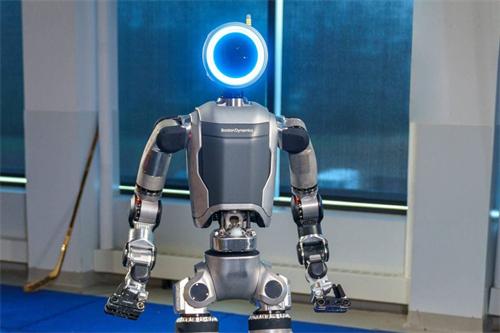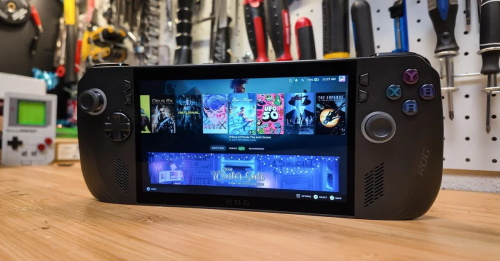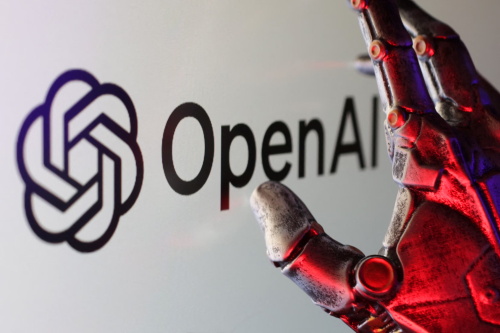Boston Dynamics' Atlas V6: Pioneering Open-Source Balance Algorithms for Global Robotics Innovation

In a significant move poised to accelerate advancements in robotics, Boston Dynamics has announced the open-sourcing of its dynamic balance algorithms developed for the Atlas V6 humanoid robot. This initiative aims to foster industrial inspection capabilities and cultivate a robust developer ecosystem, marking a new chapter in collaborative robotics innovation.
Boston Dynamics' decision to release its balance algorithms to the public domain is a strategic effort to democratize access to cutting-edge robotic control systems. By providing developers and researchers worldwide with the tools to enhance humanoid robot stability and adaptability, the company is laying the groundwork for a new era of collaborative innovation in robotics.
At the heart of Atlas V6's advanced mobility is the implementation of Model Predictive Control (MPC). This control strategy enables the robot to anticipate and adapt to dynamic environments by predicting future states and optimizing actions in real-time. The MPC framework allows Atlas V6 to perform complex maneuvers such as running, jumping, and flipping with remarkable agility and balance.
Atlas V6's ability to navigate complex terrains is further enhanced by its sophisticated perception systems. Utilizing time-of-flight depth cameras, the robot constructs detailed point clouds of its environment, enabling it to identify and interact with obstacles effectively. This integration of perception and control allows Atlas V6 to adjust its movements dynamically, ensuring stability even in unpredictable settings.
By open-sourcing its balance algorithms, Boston Dynamics is not only promoting transparency but also encouraging the development of a global community focused on advancing humanoid robotics. This collaborative approach is expected to accelerate the deployment of robots in industrial inspection roles, where adaptability and precise movement are critical.
The release of Atlas V6's balance algorithms represents a significant milestone in the field of robotics. It underscores the importance of open collaboration in driving technological progress and sets a precedent for other organizations to share their innovations for the collective advancement of the industry.
As developers and researchers begin to explore and build upon these algorithms, we can anticipate a surge in innovative applications and improvements in humanoid robot performance. Boston Dynamics' initiative not only enhances the capabilities of robots like Atlas V6 but also paves the way for more versatile and intelligent robotic systems in various sectors.
Boston Dynamics' open-sourcing of its dynamic balance algorithms for Atlas V6 is a transformative step towards fostering global collaboration in robotics. By providing access to these sophisticated control systems, the company is empowering a new wave of innovation that will shape the future of humanoid robotics and their applications in industrial settings and beyond.
Recommend for you:

Valve's Strategic Expansion of SteamOS: A New Era in Handheld Gaming
Valve's recent initiative to extend SteamOS to third-party handheld devices marks a pivotal shift in the gaming landscape, potentially redefining market dynamics and challenging established players like Nintendo's upcoming Switch 2.
OpenAI's Open-Weight Model Initiative and Its Industry Impact
OpenAI, under the leadership of CEO Sam Altman, has recently announced plans to release its first open-weight language model since GPT-2, marking a significant shift in the company's approach to AI development.
JokerSpy Malware: A Wake-Up Call for macOS Security
MacOS has long been celebrated for its robust security features, fostering a reputation as a safe haven for users.
JD.com's Ambitious Foray into Food Delivery: A $100 Million Daily Challenge to Uber Eats and DoorDash
This move positions JD.com as a formidable challenger to established players like Uber Eats and DoorDash.
